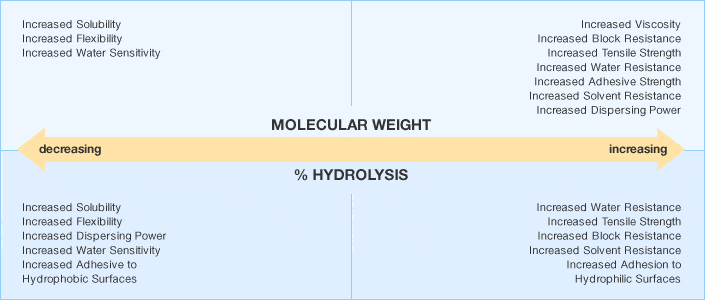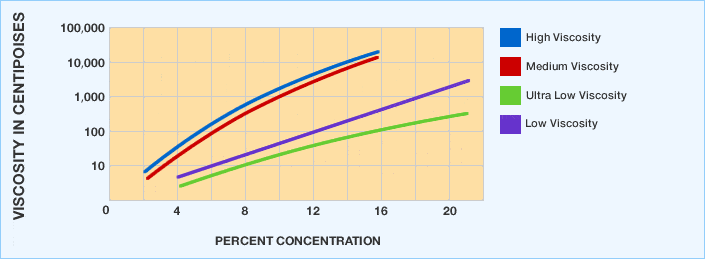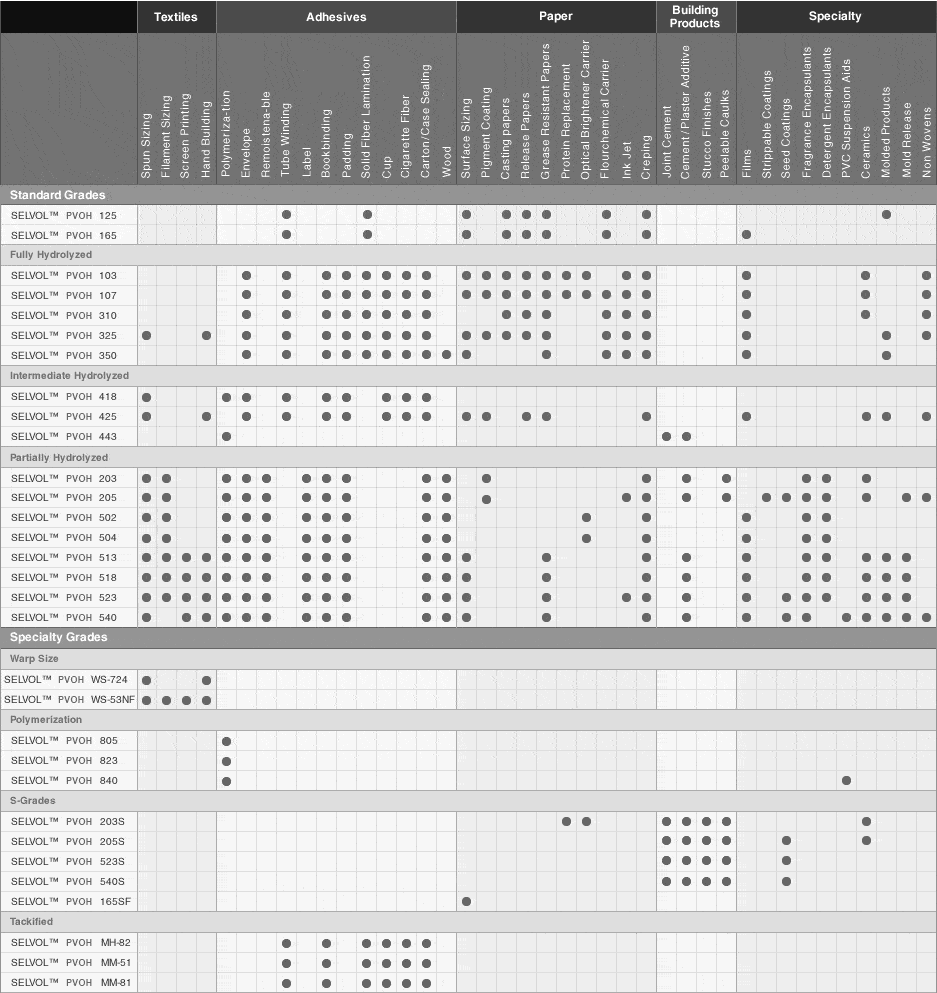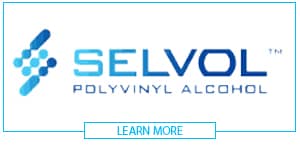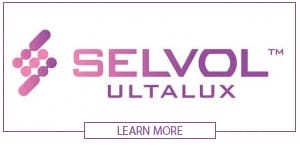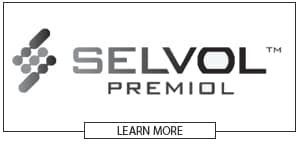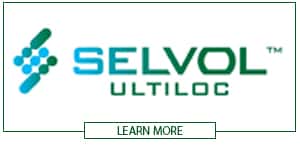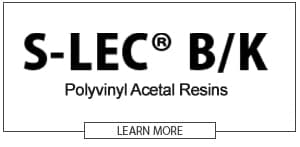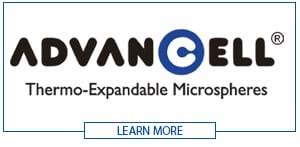Selvol™ Premiol Product Information
Productivity, performance and cost control
Fluid loss control is one of the oil industry’s greatest concerns. It affects productivity, performance and cost — not to mention the environment and personal safety. Released in 2005, Selvol Premiol oil field performance products represented a new beginning for SEKISUI Specialty Chemicals in the oil industry.
Listening to the industry’s needs, SEKISUI Specialty Chemicals set out to tailor new solutions to address oil field challenges. Selvol Premiol is the apex of this research.
The industry currently uses the product primarily for cementing and drilling. However, Selvol Premiol offers a potentially broad range of applications for the oil field industry in downhole applications. These target areas include acidizing, stimulation, workover, water management and fracturing.
To garner laboratory and field data and deliver optimum performance and cost savings, in-house cementing and drilling fluid labs support Selvol Premiol research and development. Furthermore, staff at these labs include personnel thoroughly experienced in oil field applications.
Product Lines
Three distinct product lines represent three major technology initiatives by SEKISUI Specialty Chemicals in the oil field industry. These include the following:
Selvol Premiol DWC
High-temperature performance fluid loss control additive
Selvol Premiol MRC
Versatile, midrange temperature fluid loss control additive
Selvol Premiol LTC
Cost-effective low-temperature fluid loss control additive
NEW Selvol™ Premiol SGC
New fluid loss control additive (optimal for shallow cementing sites)
Today, SEKISUI Specialty Chemicals offers three new products for fluid loss control in cementing operations.
Selvol Premiol DWC-50
High-performance, mid- to high-range temperature technology
Selvol Premiol DWC-50 is a powder-form fluid loss control additive for deep well applications. It delivers high temperature performance (up to 150ºC) at cost levels below traditional high molecular weight polymers. Additionally, this advanced additive demonstrates excellent, cost-effective performance at low temperatures (50ºC to 60ºC).
With a single product that functions across a wide range of conditions, the oil field service industry can consolidate fluid loss control product inventories.
Contact us for more information about Selvol Premiol DWC-50.
Selvol Premiol DWC-50
High-performance, mid- to high-range temperature technology
Selvol Premiol DWC-50 is a powder-form fluid loss control additive for deep well applications. It delivers high temperature performance (up to 150ºC) at cost levels below traditional high molecular weight polymers. Moreover, this advanced additive demonstrates excellent, cost-effective performance at low temperatures (50ºC to 60ºC). With a single product that functions across a wide range of conditions, the oil field service industry can consolidate fluid loss control product inventories.
Contact us for more information about Selvol Premiol DWC-50.

